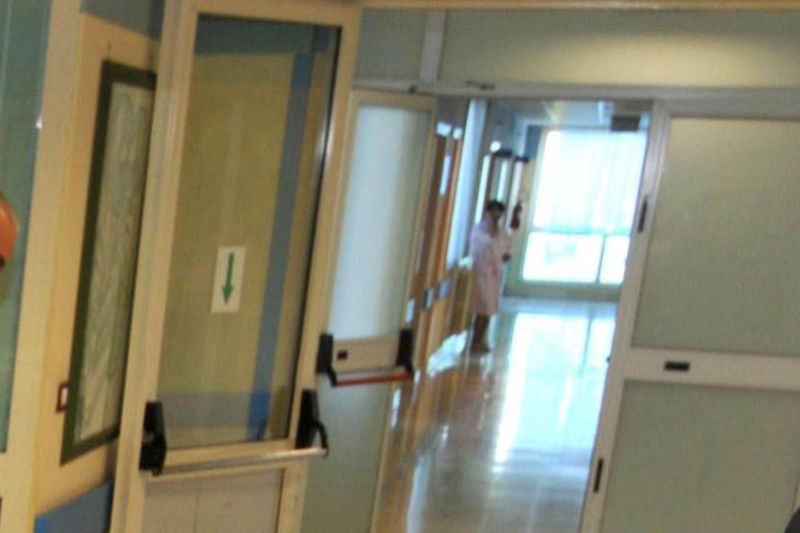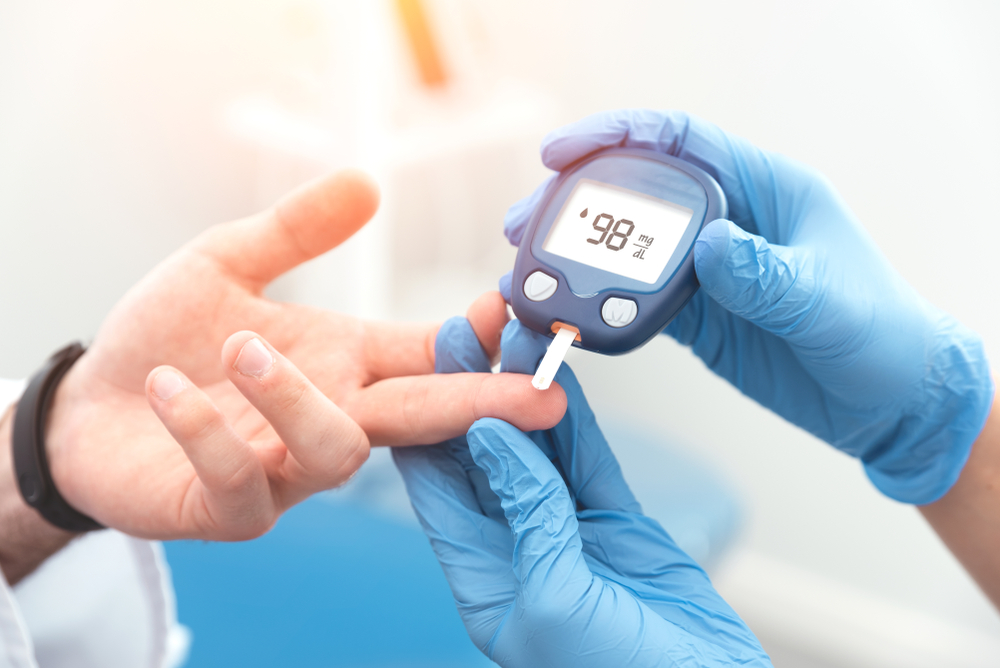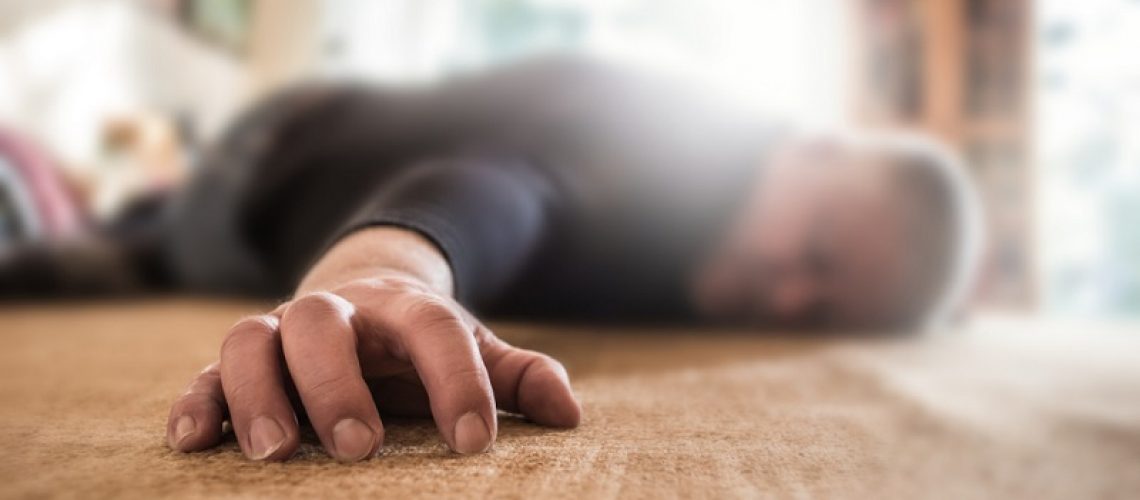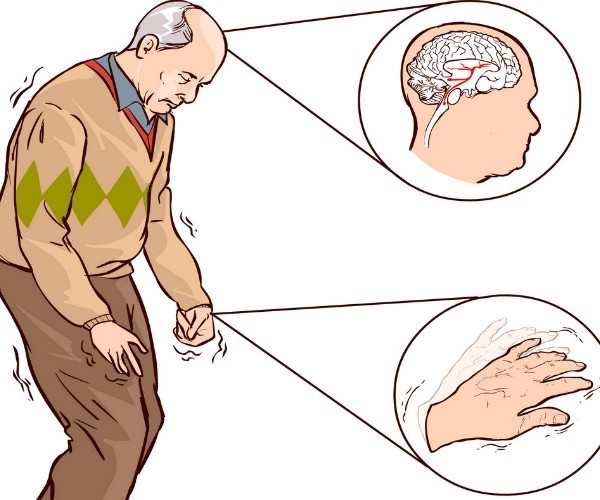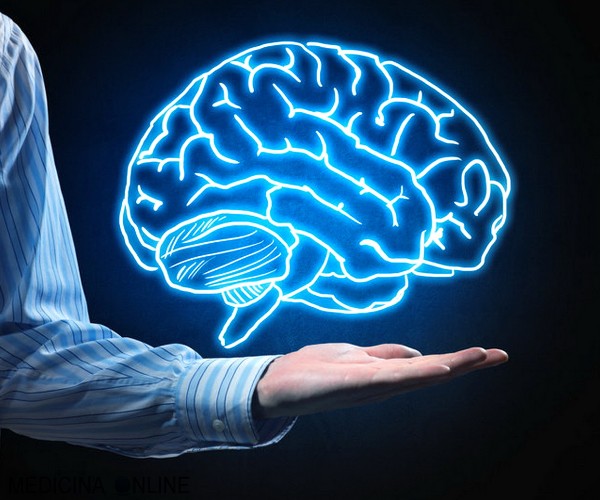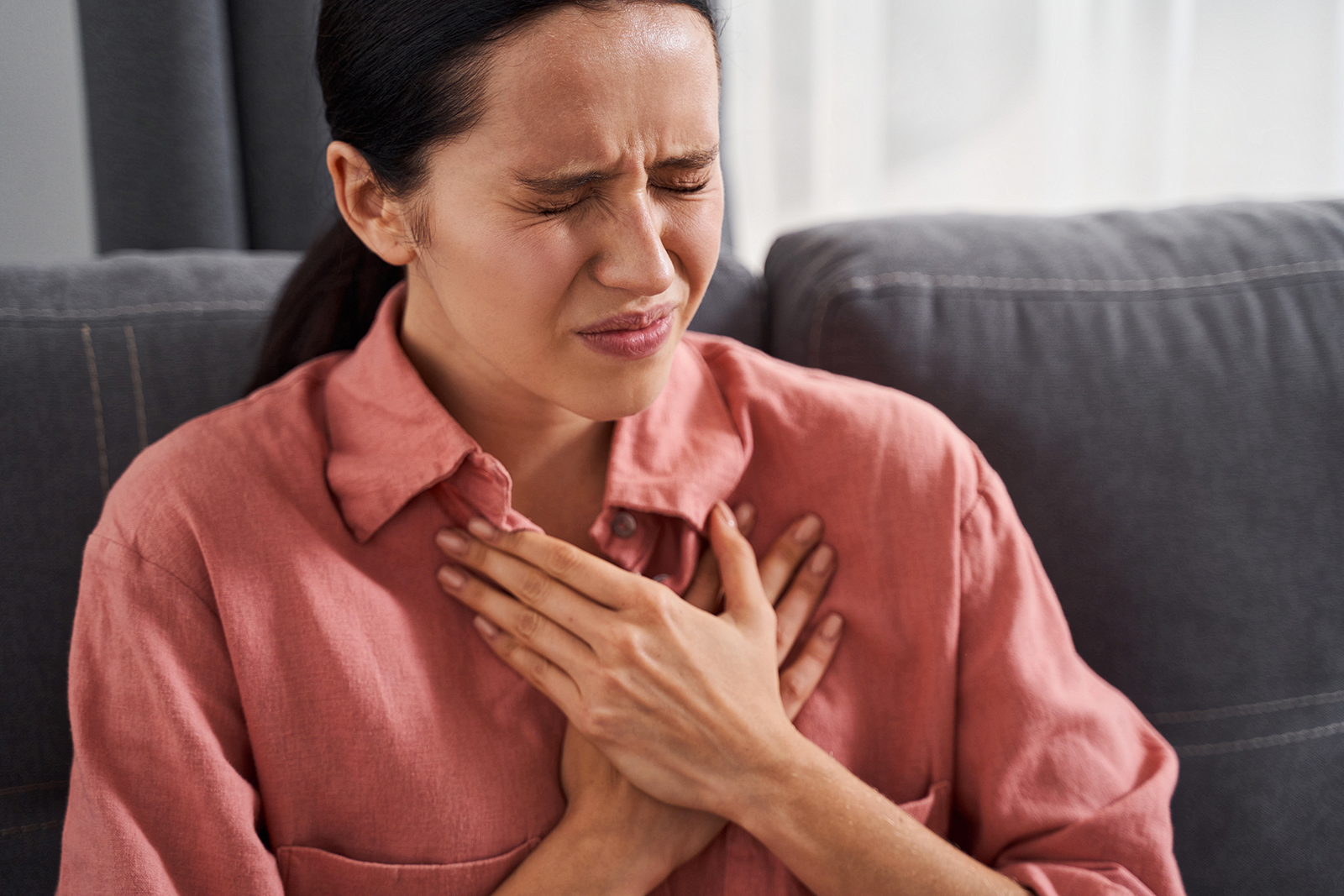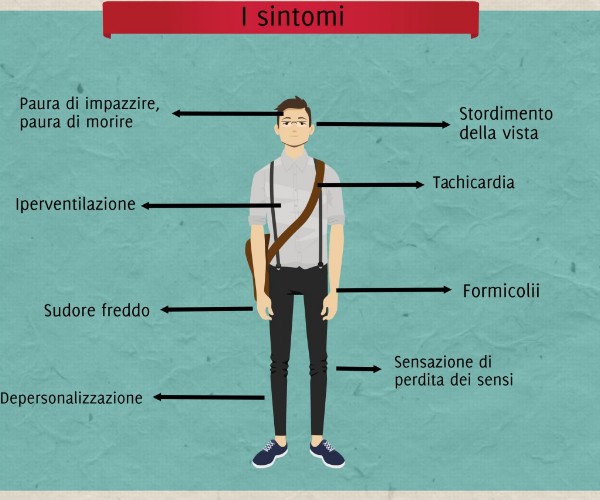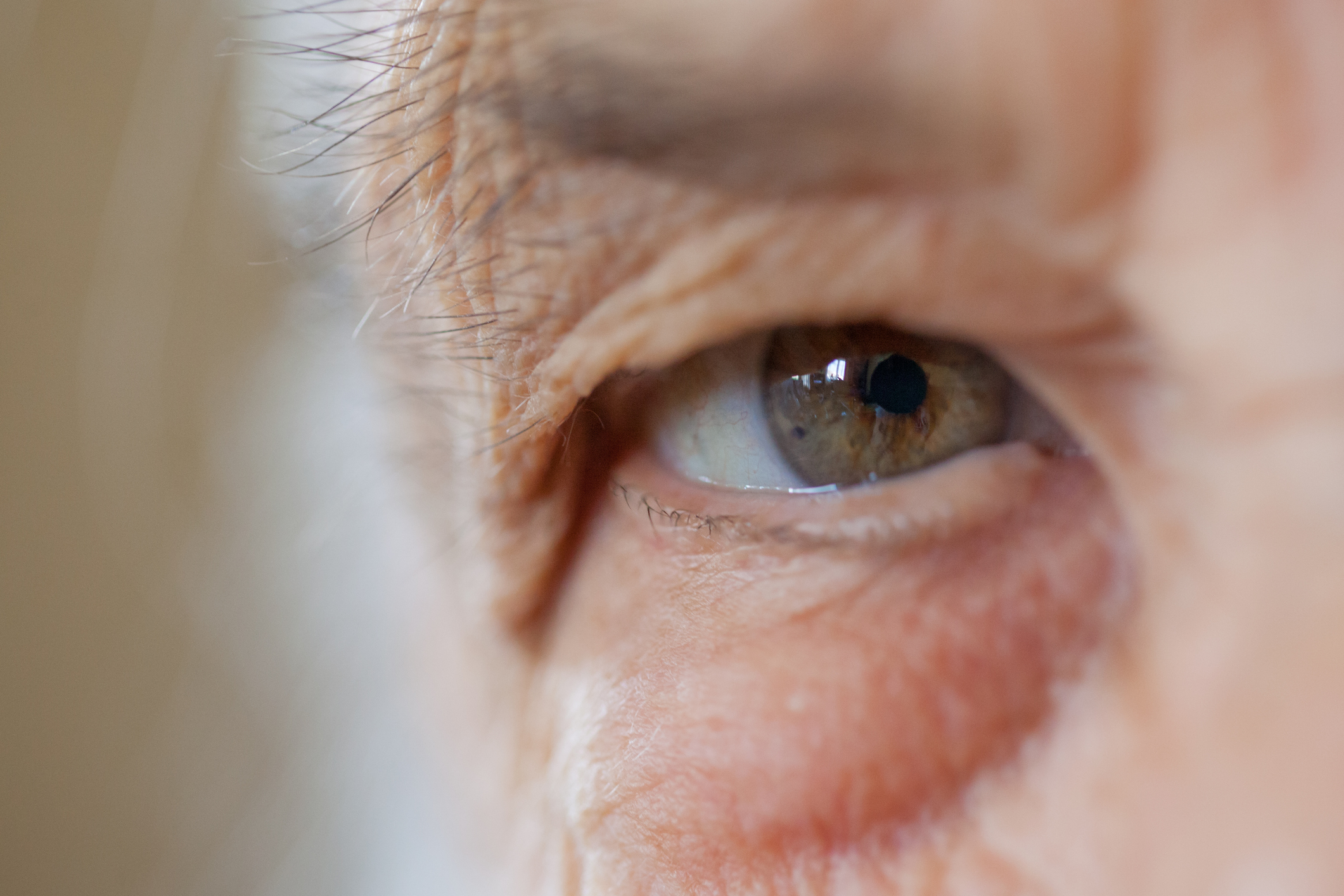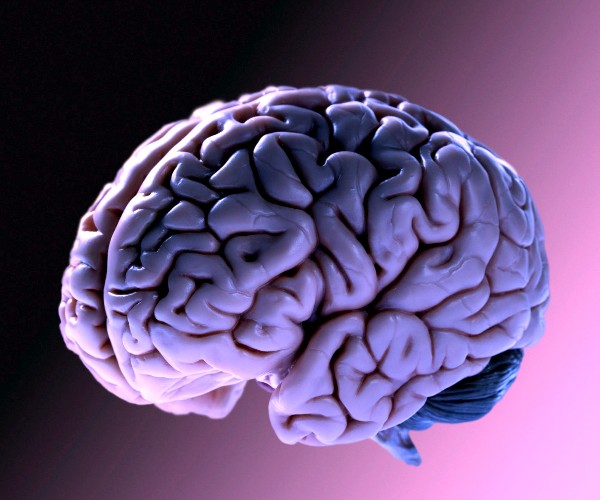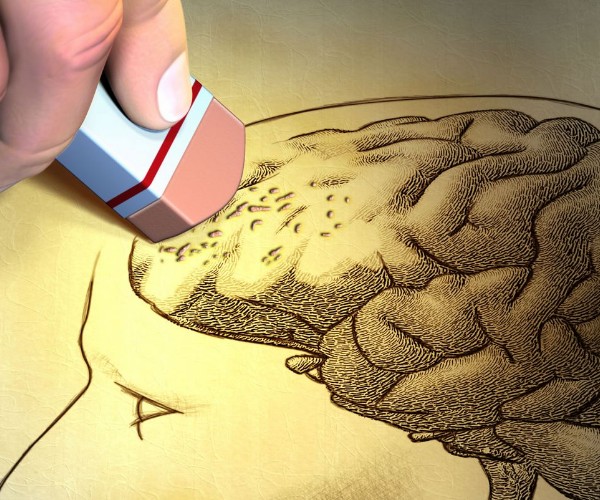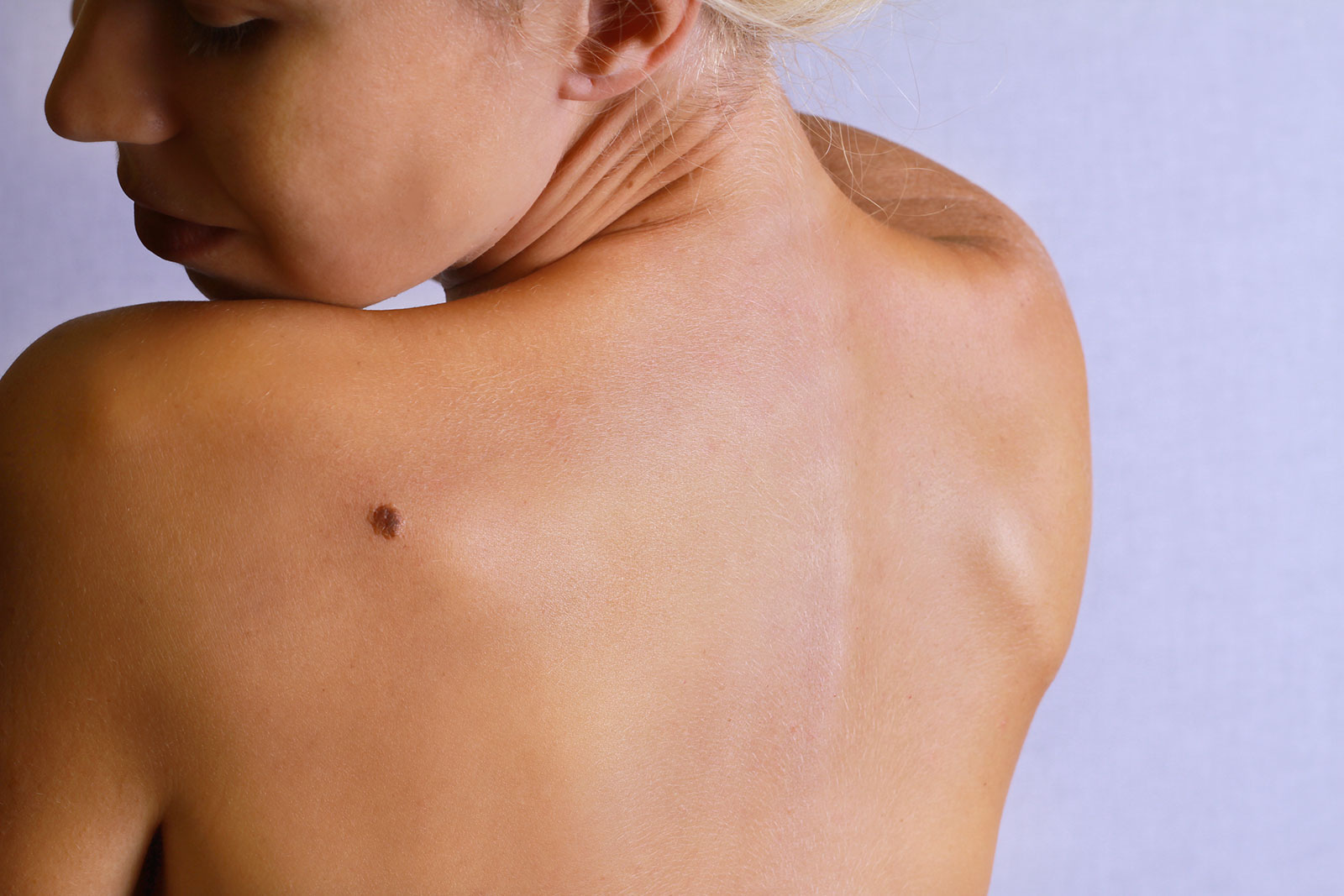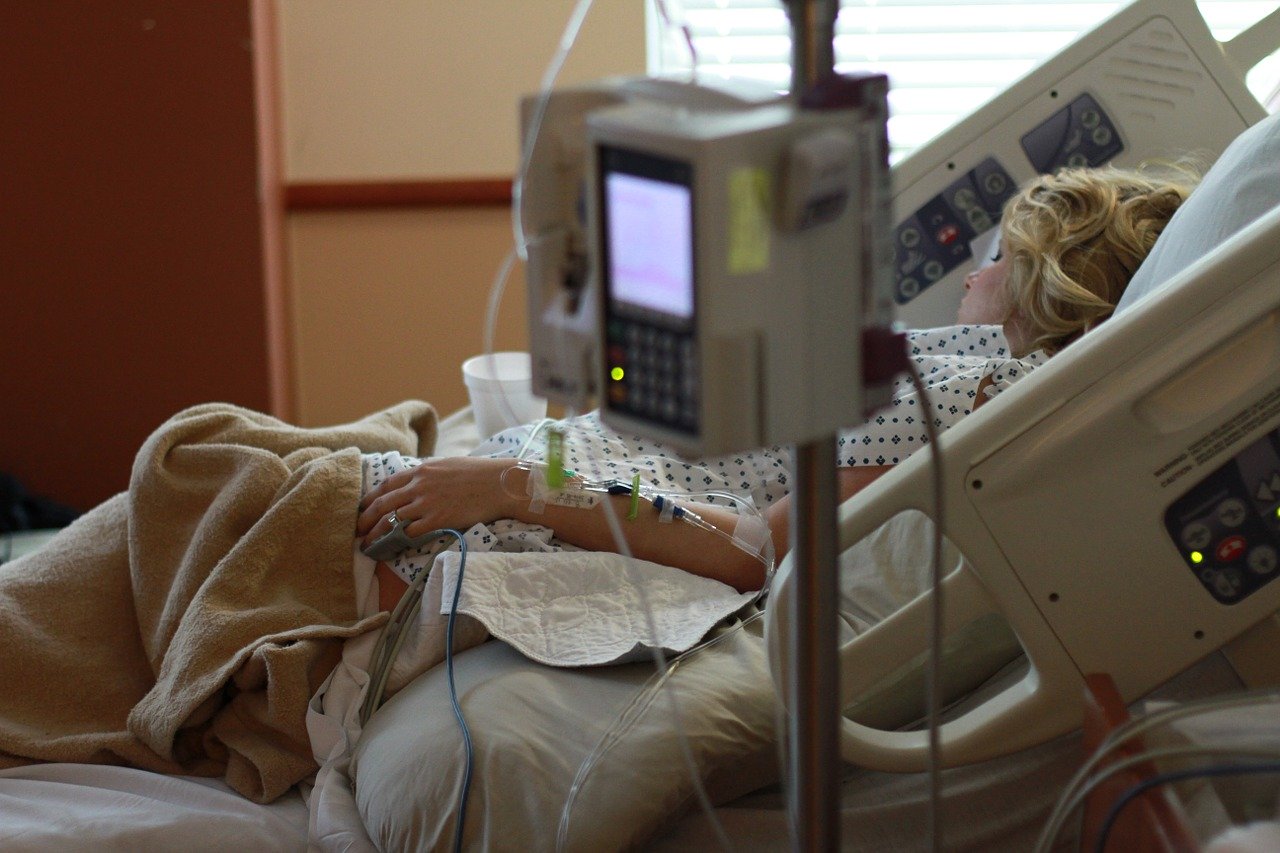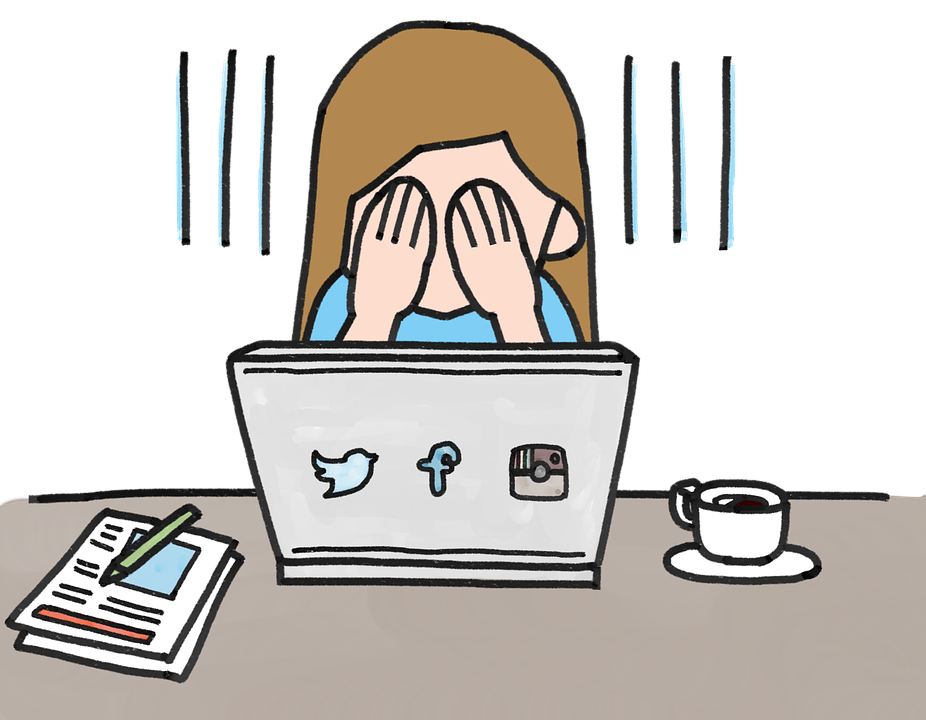The seizures are self-limiting and very often do not allow a rapid intervention. It is necessary, therefore, to keep some pointers in mind:
- Preventing lessons that the patient might unintentionally procure for himself or herself.
- Observing the crisis
- Clearing the ways breathing from any obstructions and place the patient in the position of security
- Avoid Introduce objects between the teeth.
Treatment must be determined by a specialist, and usually the drug of choice is diazepam. For febrile convulsions, which are more common in children, it is necessary to administer the drug rectally, and it will be helpful to reduce body temperature by sponging cool water all over the body and administering antipyretics. Usually by the time the doctor examines the child, the crisis is already over, but in case it persists, hospitalization for appropriate investigations is recommended.
Source: Medical Guard Handbook edited by Piercarlo Salari





